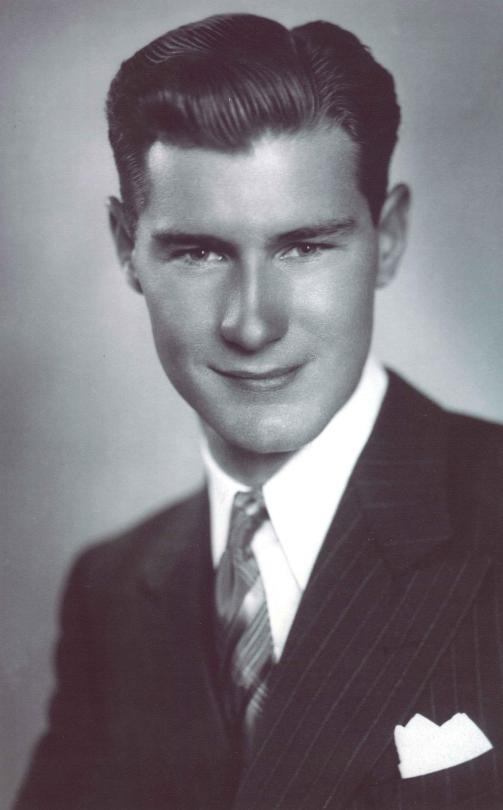I recently read a talk by James E. Faust given in 2003 to the J. Reuben Clark Law Society. Mr. Faust was a World War II pilot, the President of the Utah Bar Association, on President Kennedy’s Lawyer’s Committee for Civil Rights, and in the Utah House of Representatives as a Democrat. In 1978 he left his profession as a lawyer and served the remaining years of his life in the leadership of the Church of Jesus Christ of Latter Day Saints.

The remarks I read were called “Be Healers” and are available HERE. His thoughts showed great humility for someone so well accomplished and demonstrated why the strength of one’s character as a whole is crucial to succeeding in the law-practice portions of life. Towards the end, he provided a list of wise ideas directed toward practitioners from his lifetime of work:
Don’t get so overly involved in your client’s cause that you lose your balance, good judgment, and sense of humor.
Sublimate your own ego to the greater need of helping your client.
At all costs, keep your own integrity.
Don’t let your client establish the rules of your conduct.
Communicate: keep your client informed, and without compromising your
client’s cause, keep communication open with your opponent.Never commingle other people’s money with your own.
Protect yourself by making an adequate record.
He went on to share some thoughts from a New York attorney named John W. Davis on promoting peace in the practice of law:
“True, we build no bridges. We raise no towers. We construct no engines. We paint no pictures—unless as amateurs for our own amusement. There is little of all that we do which the eye of man can see. But we smooth out difficulties; we relieve stress; we correct mistakes; we take up other men’s burdens and by our efforts we make possible the peaceful life of men in a peaceful state.”
[John W. Davis, Address at 75th Anniversary Proceedings of the Association of the Bar of the City of New York, March 16, 1946]
He ended on this same theme, the power of peacemaking:
Before the wounds of injustice can heal, there must first come a feeling of peace. So, in a sense, a lawyer who helps make peace becomes something of a healer. A good beginning for settling controversy is to try to lower the tension between the real parties in interest.
As part of his introduction, master of ceremonies for the evening’s remarks shared some advice he received as a young attorney from a seasoned Judge: “The decided are always gentle. The decided are always gentle.” There is strength in serenity during a storm. Mr. Faust’s remarks showed that. I recommend them.

